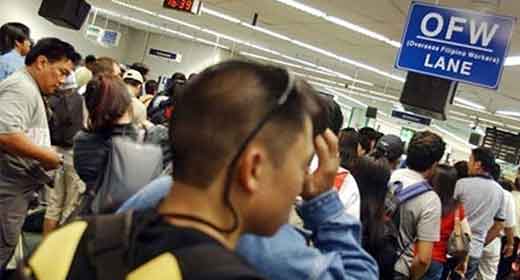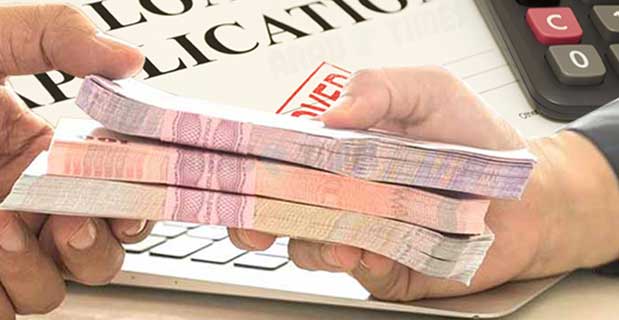Pasay City – The Civil Aviation Authority of the Philippines (CAAP) is working closely with airlines to develop an awareness policy and guidelines aimed at educating passengers on the proper handling of dangerous goods during air travel.
This initiative seeks to enhance information dissemination and ensure that travelers are well-informed about regulations concerning hazardous materials, including power banks and other items.
In a radio interview, Flight Operations Department (FOD) head Captain James Conner addressed concerns following recent aviation incidents where power banks were suspected of causing fires on board aircraft.
He emphasized that these were isolated cases but serve as a reminder of the importance of adhering to aviation safety regulations.
Captain Conner reiterated the need for passengers to strictly follow airline-imposed safety protocols to prevent similar incidents.
Under CAAP regulations, power banks, classified as portable lithium-ion battery devices, are strictly prohibited in checked baggage due to the risk of overheating and potential fire hazards. However, passengers may carry them in their hand-carry luggage, subject to the following restrictions:
•Power banks up to 100Wh (watt-hours) may be brought onboard without prior approval.
• Power banks between 100Wh and 160Wh require airline approval before being carried onboard.
•Power banks exceeding 160Wh are strictly prohibited on flights.
CAAP strongly urges travelers to check the capacity of their power banks and comply with airline policies before flying to avoid any inconvenience.
The agency, together with the Department of Transportation under the leadership of Secretary Vince Dizon, remains committed to upholding international aviation safety standards to ensure the protection of all passengers and crew.
Travelers to Check The Capacity of Power Banks.












